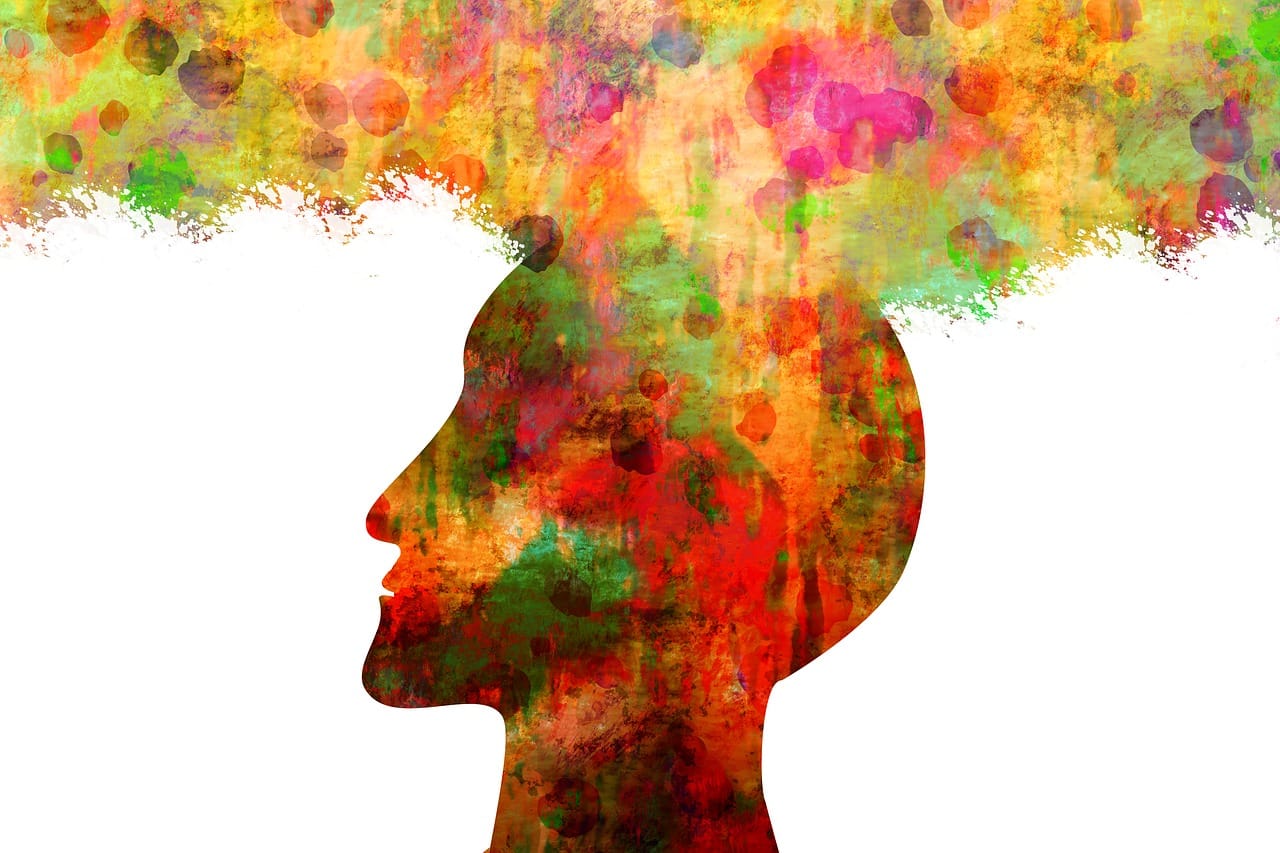Unconscious Memories: The Hidden Drivers of Addiction
Healing the Hidden Wounds: Exploring the Deep Connection Between Trauma and Addiction
Addiction is often perceived as a personal failing or a lack of willpower. However, a growing body of research reveals that addiction frequently stems from unresolved trauma, particularly experiences rooted in childhood. These early traumas can leave lasting imprints on the brain and body, influencing behaviors and coping mechanisms well into adulthood.
The Neurobiology of Trauma and Its Link to Addiction
When an individual experiences trauma—be it from abuse, neglect, or other adverse events—the brain’s stress response system can become dysregulated. This dysregulation affects areas responsible for emotion regulation and decision-making, such as the amygdala and prefrontal cortex. Consequently, individuals may find it challenging to manage stress and emotions effectively.
In an attempt to cope with these overwhelming feelings, some may turn to substances or addictive behaviors as a form of self-medication. This coping mechanism can provide temporary relief but often leads to a cycle of dependency and further emotional distress.
A deeper understanding of trauma’s impact on the brain can be found in this article by the Lanier Law Firm: How Trauma Affects the Brain
Unconscious Memories: The Hidden Drivers of Addiction
Not all trauma is overt or easily identifiable. Some individuals carry implicit memories—unconscious imprints of past experiences—that influence their behaviors and emotional responses. These hidden memories can manifest as anxiety, depression, or a pervasive sense of unease, driving individuals toward addictive behaviors without a clear understanding of the underlying cause.
Recognizing and addressing these unconscious drivers is crucial for effective healing. Therapeutic approaches that delve into the subconscious, such as certain forms of psychotherapy, can help uncover and process these buried traumas.
Yoga and Mindfulness: Pathways to Healing
Integrative practices like yoga and mindfulness meditation have shown promise in helping individuals reconnect with their bodies and process unresolved trauma. These practices encourage present-moment awareness, allowing individuals to observe their thoughts and feelings without judgment.
Through consistent practice, individuals can develop greater emotional regulation, reduce stress, and cultivate a sense of inner peace. This enhanced self-awareness can be instrumental in breaking the cycle of addiction and fostering long-term recovery.
Conclusion
Understanding the intricate relationship between trauma and addiction is essential for effective healing. By acknowledging the deep-seated roots of addictive behaviors and embracing holistic approaches to recovery, individuals can embark on a transformative journey toward wholeness and well-being.
- The Guardian
- The Guardian
- https://www.lanierlawfirm.com/how-trauma-affects-the-brain
Personal Support and Guidance
Aroonji offers private, personalized sessions to help you explore and heal unresolved trauma using integrative techniques grounded in both modern and ancient wisdom.
To book a free introductory session, send a WhatsApp message to: 39.3510278911 or email yogafiesole@gmail.com

